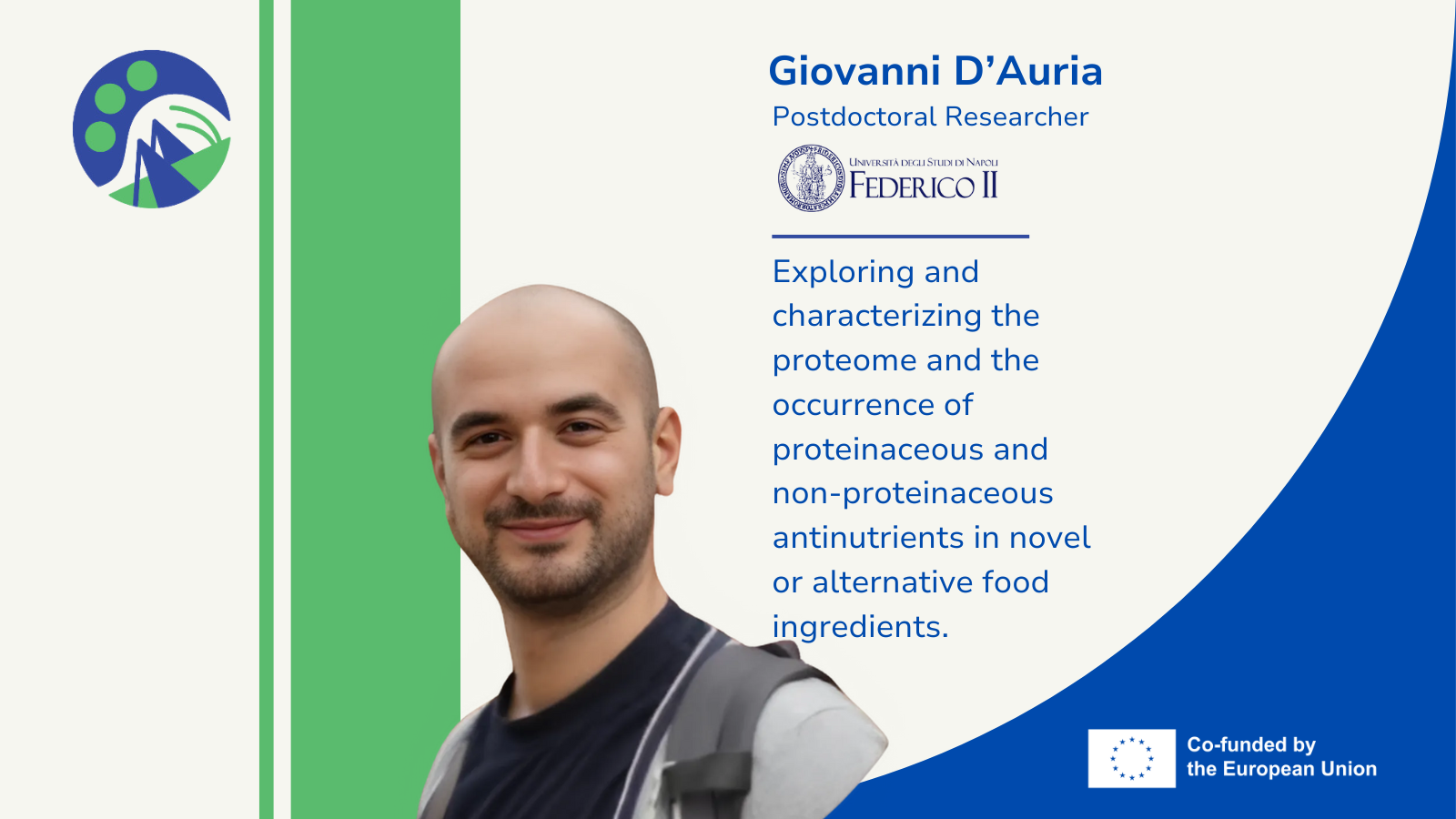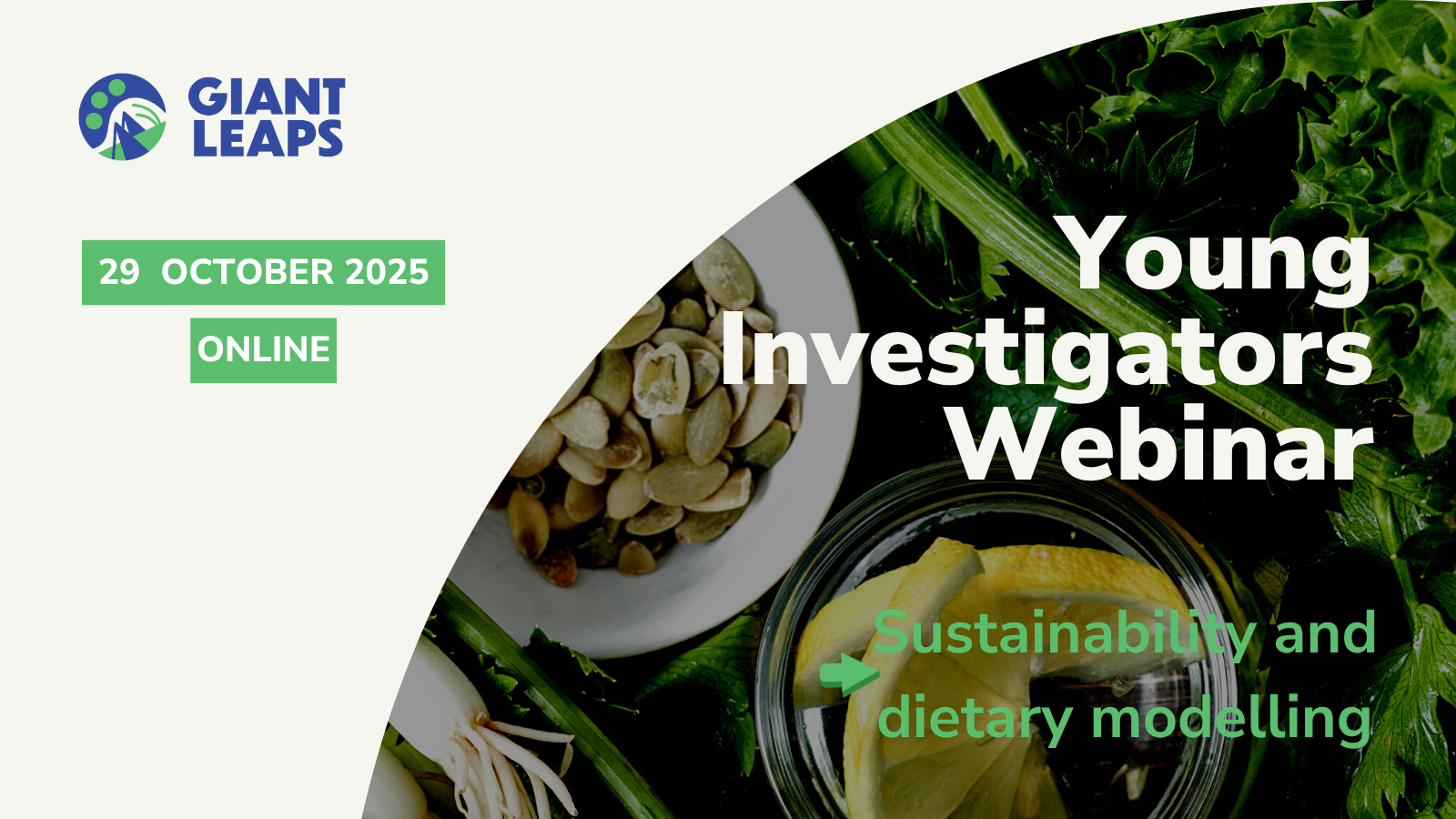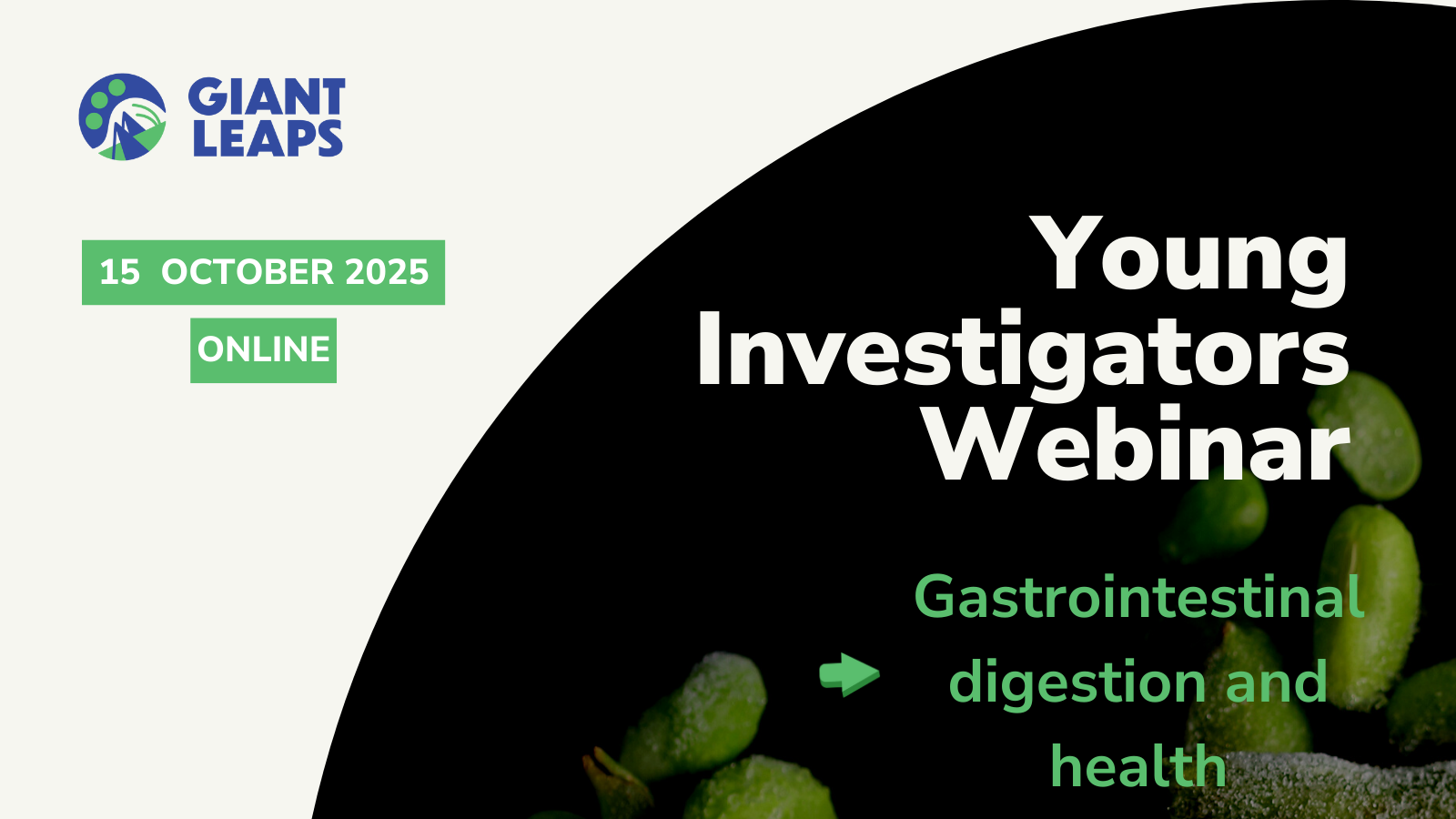Meet our Young Investigators: Giovanni D’Auria, University of Naples

Giovanni is a postdoctoral researcher in the Giant Leaps project, contributing to both Work Package 4 (WP4) “Digestion and Health” and Work Package 3 (WP3) “Safety by Design.” His research focuses on characterising the proteome of alternative protein sources and evaluating how different fractionation techniques impact the presence and activity of antinutrients.
What is the main focus of your research?
My research explores and characterizes the proteome and the occurrence of proteinaceous and non-proteinaceous antinutrients in novel or alternative food ingredients. I use advanced analytical methods such as high-resolution mass spectrometry and in-vitro techniques. I am currently preparing to submit both a review and a research paper on antinutrients.
Where are you based? What do you enjoy about your university? Does it foster your interest in alt proteins? Is there a local community that inspires your work?
I I am based at the Department of Agricultural Sciences at the University of Naples, recognized as a department of excellence in Italy and ranked 36th globally for its research on sustainability, among other fields. This environment has significantly nurtured my interest in alternative and sustainable protein sources.
What sparked your personal interest in the topic of dietary shifts?
With a Master’s in Food Science and Technology and a PhD in Food Science, I am passionate about supporting sustainable protein sources as a solution to the pressing global challenges like the rising of greenhouse gas emissions and the climate change, driving the shift toward a healthier planet and a more resilient future.
What are your aspirations for the future, and how do you hope your work will make an impact?
My long-term goal is to build a successful academic career, driving meaningful advancements in science. My research, especially on the effects of food fractionation and processing on antinutrients, offers critical insights for food producers and researchers, supporting the shift to sustainable food systems and addressing health and environmental challenges.



